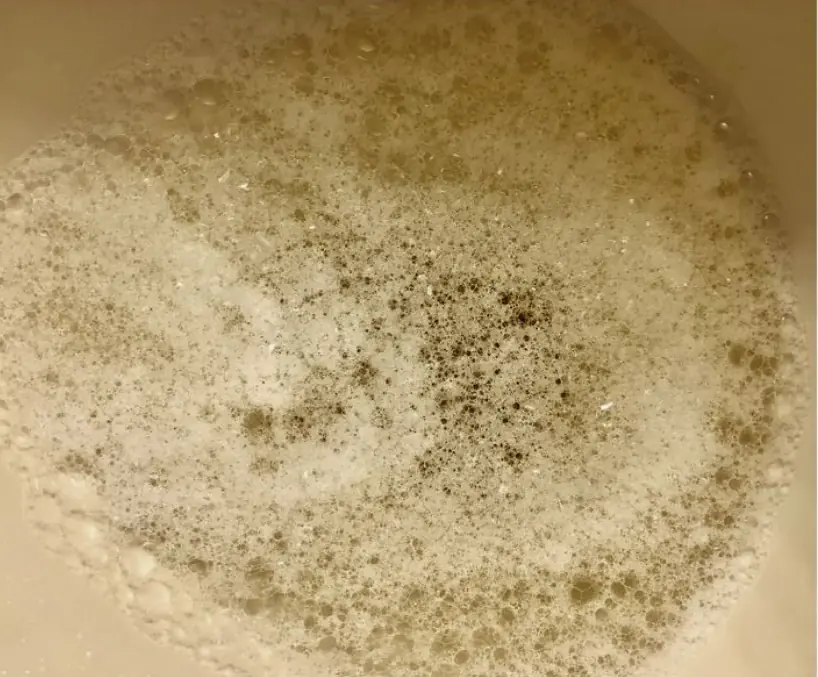
3 Cooking Habits You Must Change Immediately
Rising Can.cer Rates: 3 Cooking Habits You Must Change Immediately — Don’t Be Complacent
The increasing cancer rate is closely linked to daily dietary habits.
The number of cancer patients is steadily rising, and doctors warn that three cooking habits must be changed immediately. Don’t take them lightly. Every day you may be busy in the kitchen, unaware that your familiar cooking methods could be silently harming your health. Today, let’s explore some common but overlooked “health traps” that may be lurking in your kitchen.
1. The Hidden Dangers of High-Temperature Cooking
• Cooking oil fumes — an underestimated threat
Many people prefer stir-frying over high heat, believing it enhances flavor. However, when oil is heated beyond 200°C (392°F), it produces large amounts of fumes that contain benzopyrene, a known carcinogen. Inhaling these fumes regularly can damage the respiratory tract and is comparable to smoking.
• Choosing the right cooking oil is crucial
Different oils have different smoke points. For instance, extra virgin olive oil has a low smoke point and is unsuitable for high-heat cooking, while refined peanut oil or sunflower oil is more appropriate for Asian-style stir-fries. Regardless of oil type, you should always control the cooking temperature.
• A healthier cooking method
Try the “hot pan, cold oil” technique: heat the pan first, then add the oil, and quickly stir-fry the ingredients. This method helps preserve flavor while reducing smoke production. Also, make sure to use a high-quality range hood and keep it running throughout the cooking process.
2. Reusing Cooking Oil — A Toxic Accumulation
• Oxidized oil generates harmful toxins
Many people hesitate to discard used frying oil because it still looks clear. However, once heated at high temperatures, oil undergoes oxidation, forming harmful compounds such as aldehydes and ketones. These toxins accumulate with each reuse.
• How to tell if oil has gone bad
Check the oil’s color, texture, and smell. If it has a burnt odor, becomes thick, or darkens, it should not be reused. Even if it appears clear, if it has been used for frying more than three times, it’s best to discard it.
• A healthier approach
Limit fried foods as much as possible. If frying is necessary, use a small amount of oil, cook in batches, and avoid leaving excess oil. Ideally, used oil should be consumed within 24 hours and not reheated at high temperatures.
3. Overusing Seasonings — A Common Mistake
• Excess salt intake
Many people rely heavily on soy sauce, MSG, or seasoning powders to make dishes more flavorful. However, a high-salt diet is directly linked to an increased risk of stomach cancer. The World Health Organization (WHO) recommends adults consume no more than 5g of salt per day, yet many people consume twice that amount.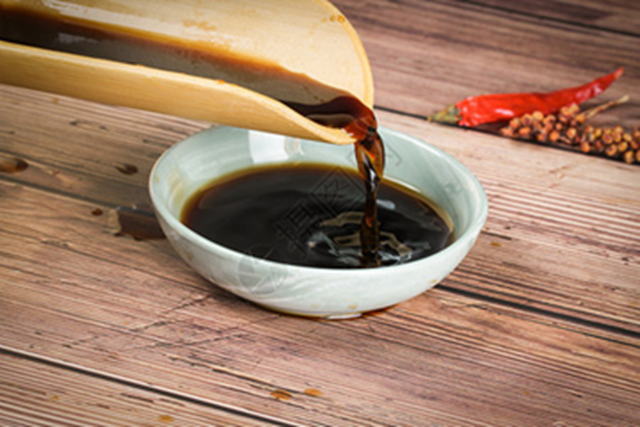
• “Hidden salt” in condiments
Salt isn't just in table salt — soy sauce, oyster sauce, chili sauce, and other condiments also contain high levels of sodium. Just one tablespoon of soy sauce can contain up to 1g of salt. When multiple seasonings are combined, sodium intake can easily exceed safe levels.
• Natural alternatives to flavor your food
Use fresh ingredients like onion, garlic, ginger, and coriander to add flavor. Mushroom broth, kelp, or dried shrimp stock can be great substitutes for MSG. Gradually reduce the amount of seasoning you use so your palate can adjust to the natural taste of foods.
Conclusion
The kitchen is the heart of the home — and the starting point of good health. Changing harmful cooking habits not only promotes a healthier diet for you and your family but also reduces the risk of serious diseases like cancer. Start today by paying attention to and adjusting small actions during meal preparation. After all, prevention is always better than cure, and many diseases begin with our daily habits.
News in the same category


Your Body Might Be Low on Zinc — Here Are 6 Signs to Watch For

Woman gets brain infection after eating refrigerated watermelon
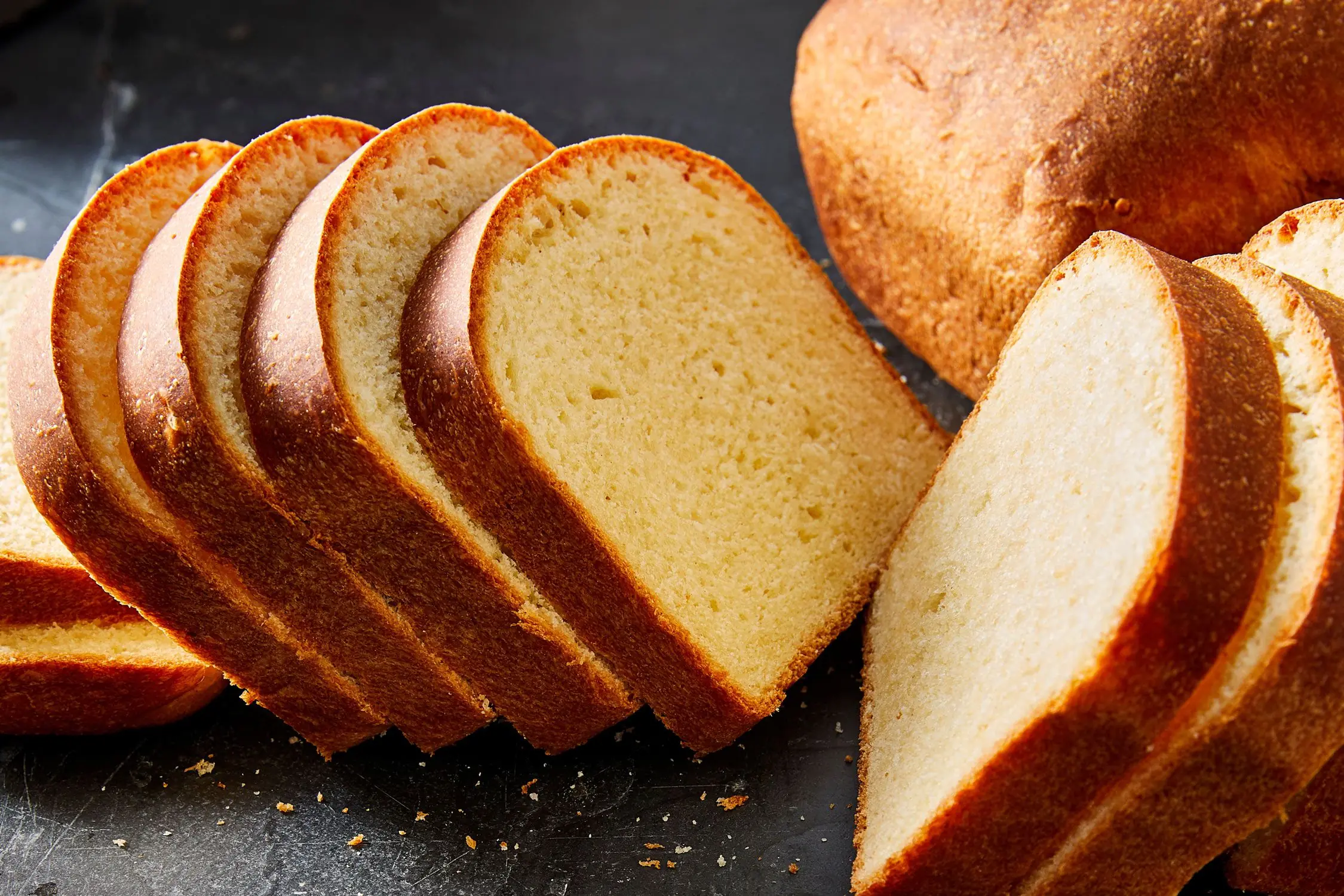
Bread May Be Delicious, But These 5 Groups Should Limit It

Identifying the “Switch” That Reduces Can.cer Cell Survival by 53%

Just 3 Minutes in the Morning: This Simple Test Can Reveal Hidden He.art Disease
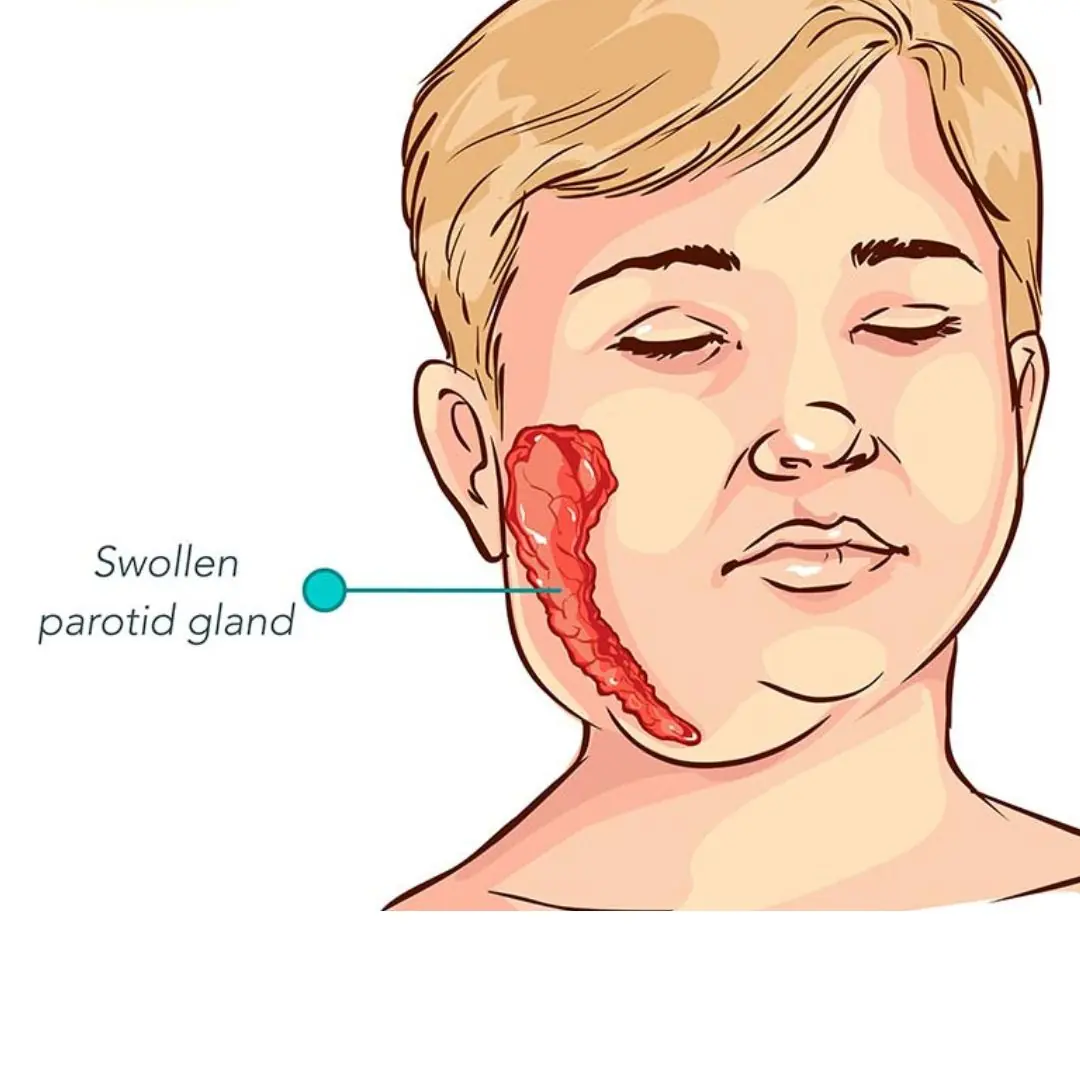
Does mumps in men affect reproductive health?
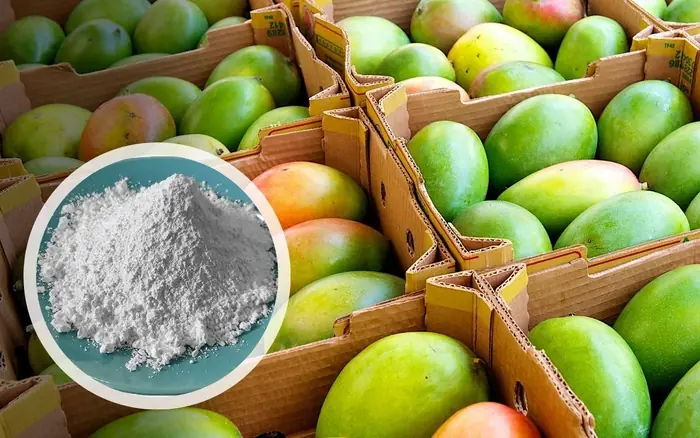
3 Types of Fruit Can.cer Cells “Love”

How to remove phlegm and mucus from chest and throat
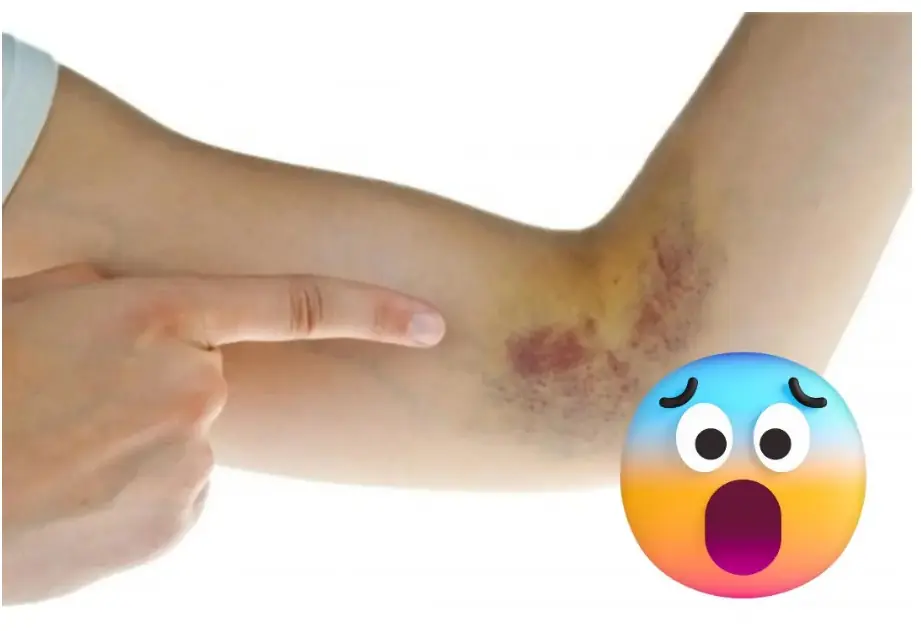
Simple signs to immediately recognize leukemia that you may never notice
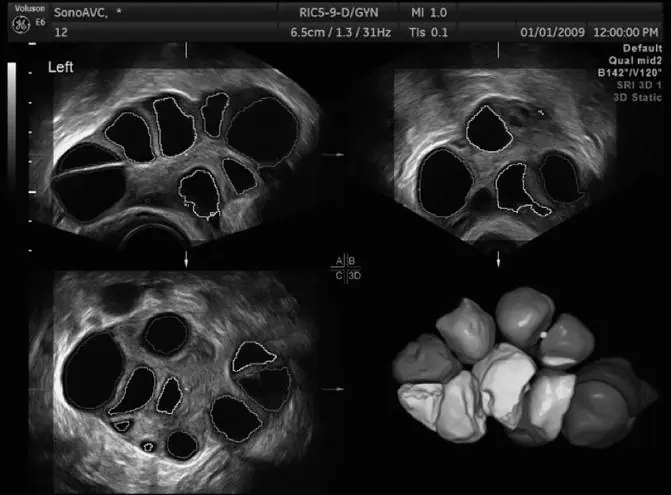
Two Kitchen Habits Behind Ova.rian Cysts — May Turn Can.cerous

Why do hands and feet sweat in winter?
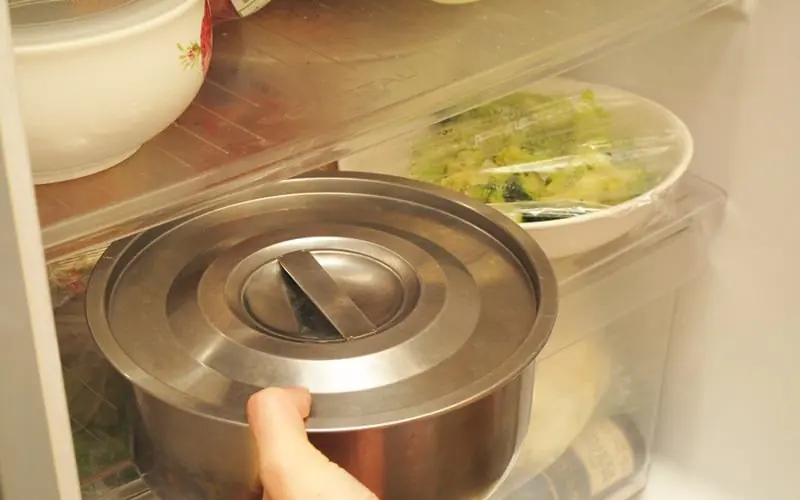
Both husband and wife were diagnosed with colon can:cer because of the same familiar habit!

Be Careful: 6 Common Foods Become To.xic When Reheated

These 3 types of fish should be eaten sparingly, they can increase the risk of can.cer, don't buy them just because they are cheap!

Want Radiant, Hydrated, and Glowing Skin This Summer? Eat These 5 "Magical" Fruits
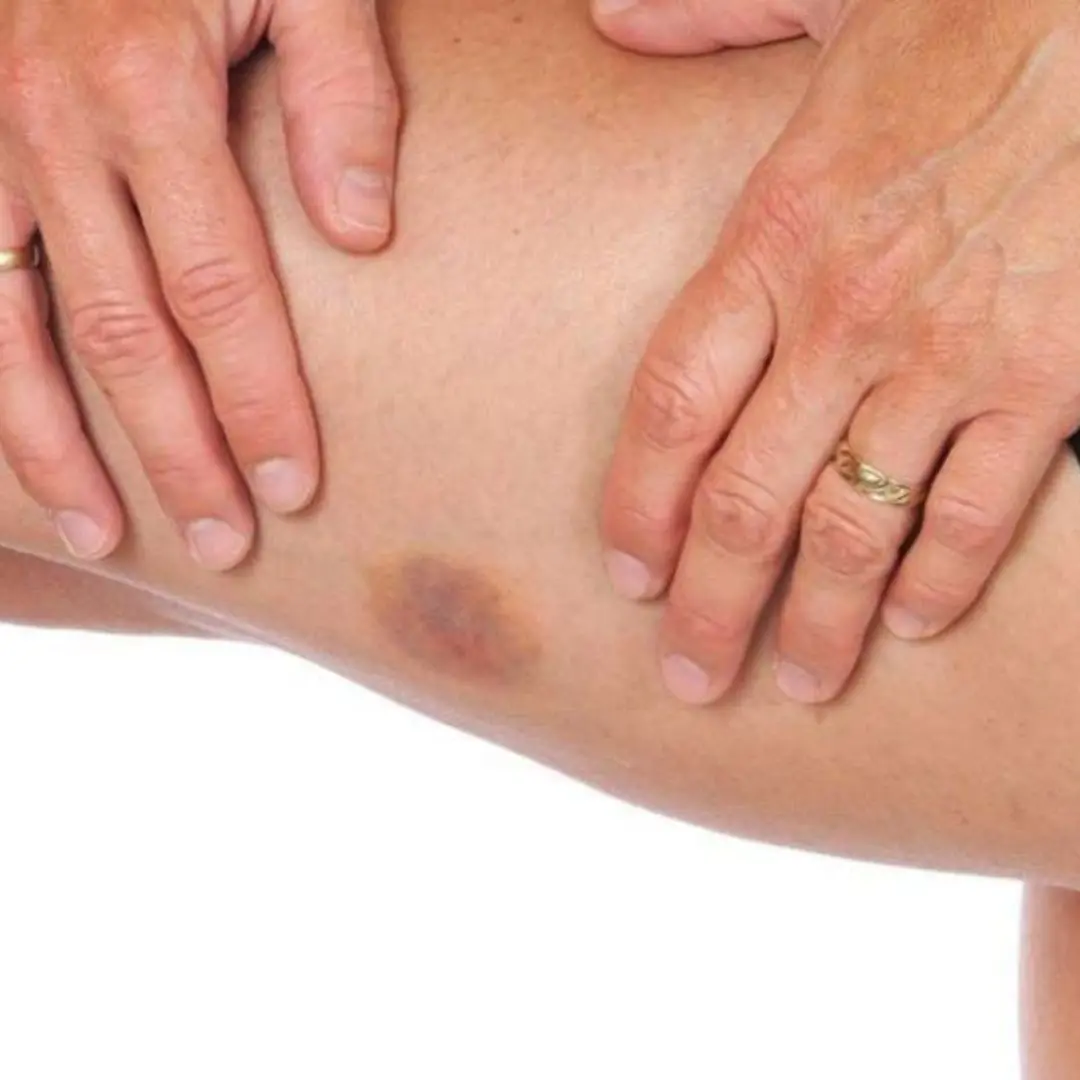
Unexplained Bruising on Your Body: Causes and Treatments
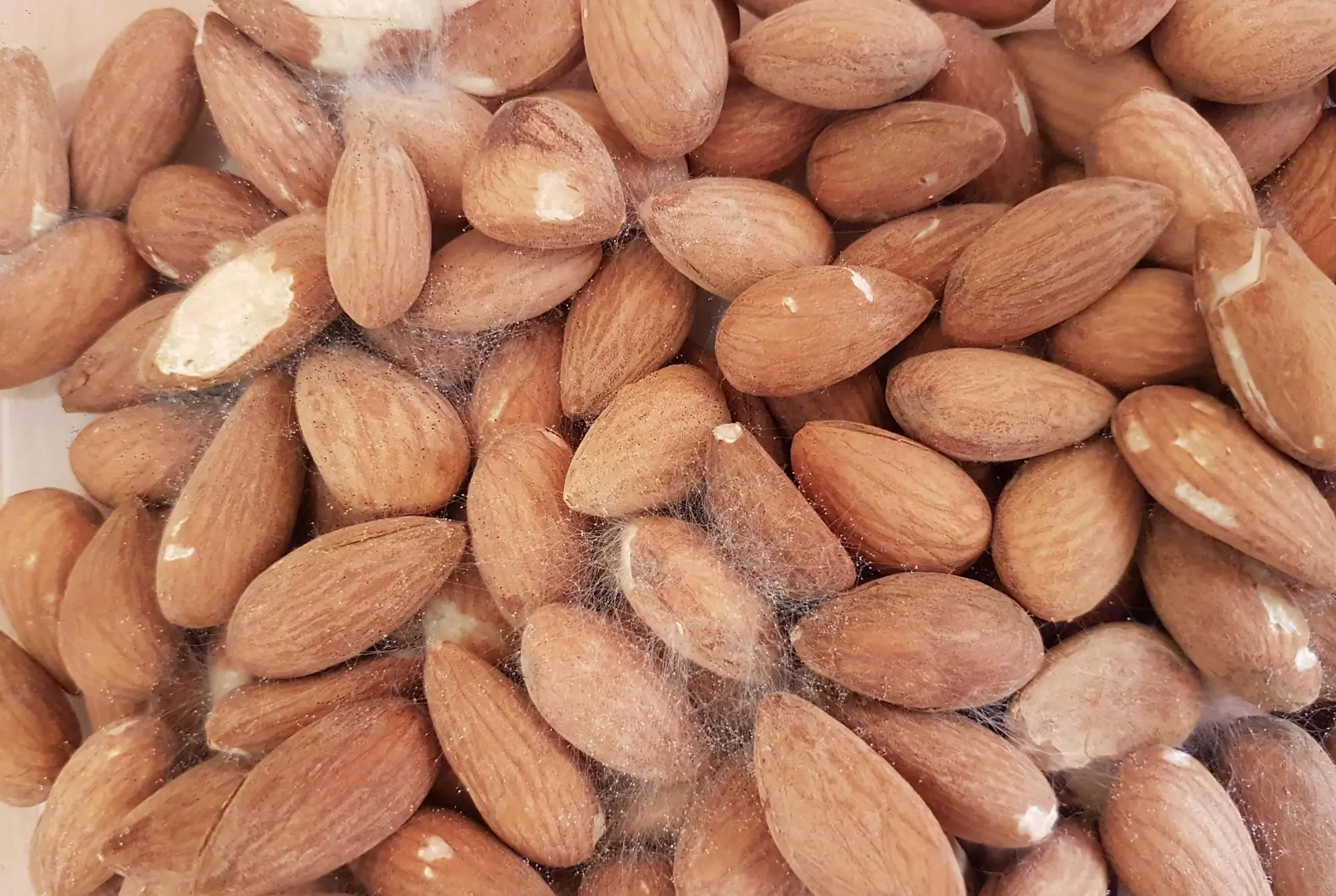
4 Types of Nuts You Should Never Eat If They've Been Sitting Around

4 signs on the body to detect high bl.o.o.d f.a.t
News Post

6 Bodily Changes That Are “SOS Signals” From Your Kid.neys Before Can.cer

Does Using Strong Fan Mode on the Air Conditioner Consume More Electricity?

Your Body Might Be Low on Zinc — Here Are 6 Signs to Watch For
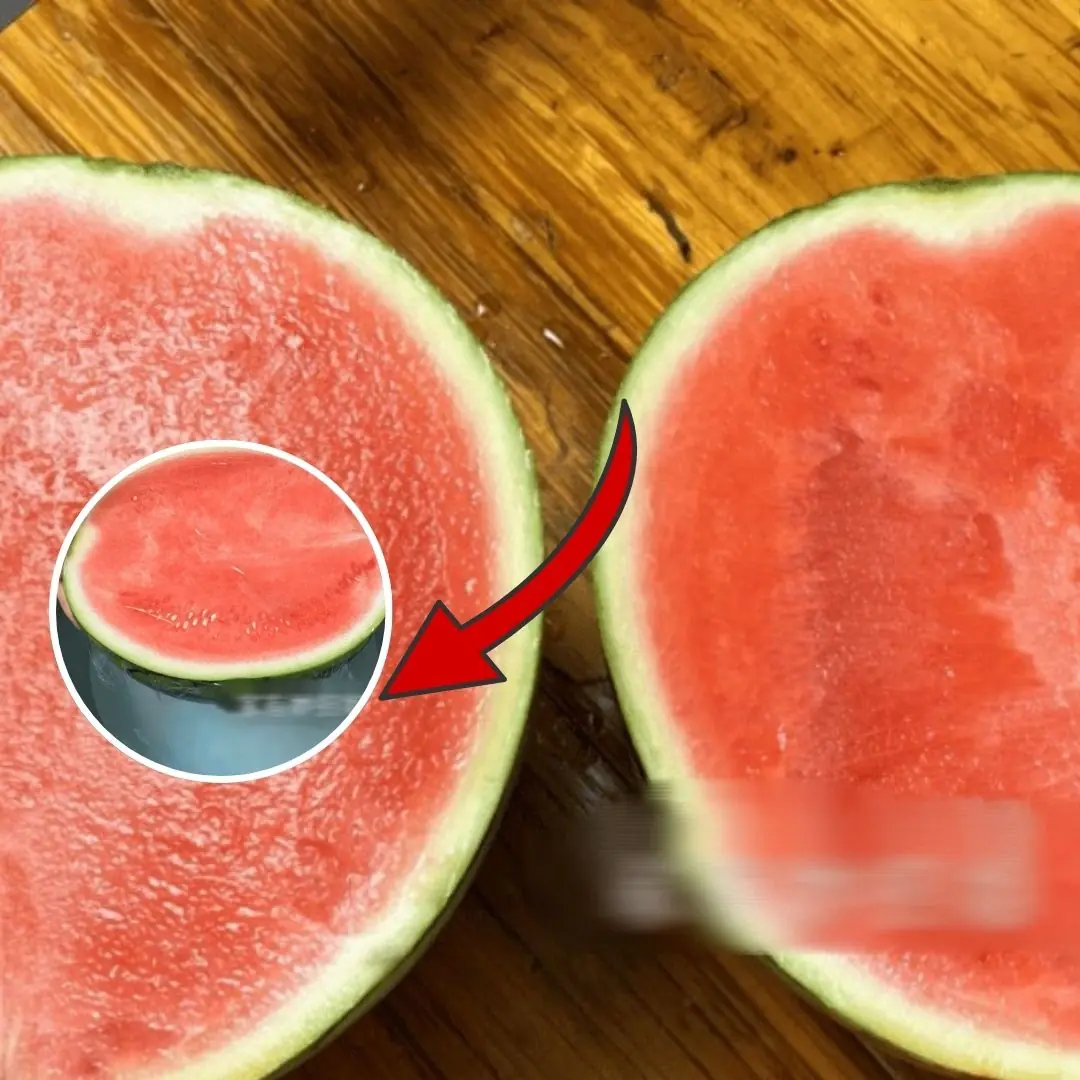
Leftover watermelon in the fridge is not necessarily safe – if not done properly, the risk of bacterial contamination is very high!

Woman gets brain infection after eating refrigerated watermelon

The Unpleasant Truth: 5 Familiar Items That You Think Are Clean But Are NOT, The Dirtiest Is Number 4 That Everyone Uses

Bread May Be Delicious, But These 5 Groups Should Limit It

The Surprising Benefits of Ginger Peel

Identifying the “Switch” That Reduces Can.cer Cell Survival by 53%

Just 3 Minutes in the Morning: This Simple Test Can Reveal Hidden He.art Disease

Does mumps in men affect reproductive health?

3 Types of Fruit Can.cer Cells “Love”

How to remove phlegm and mucus from chest and throat

Thy.roid Can.cer Is a Silent Threat: 6 Groups of People Are at Higher Risk and Must Be Cautious

Simple signs to immediately recognize leukemia that you may never notice
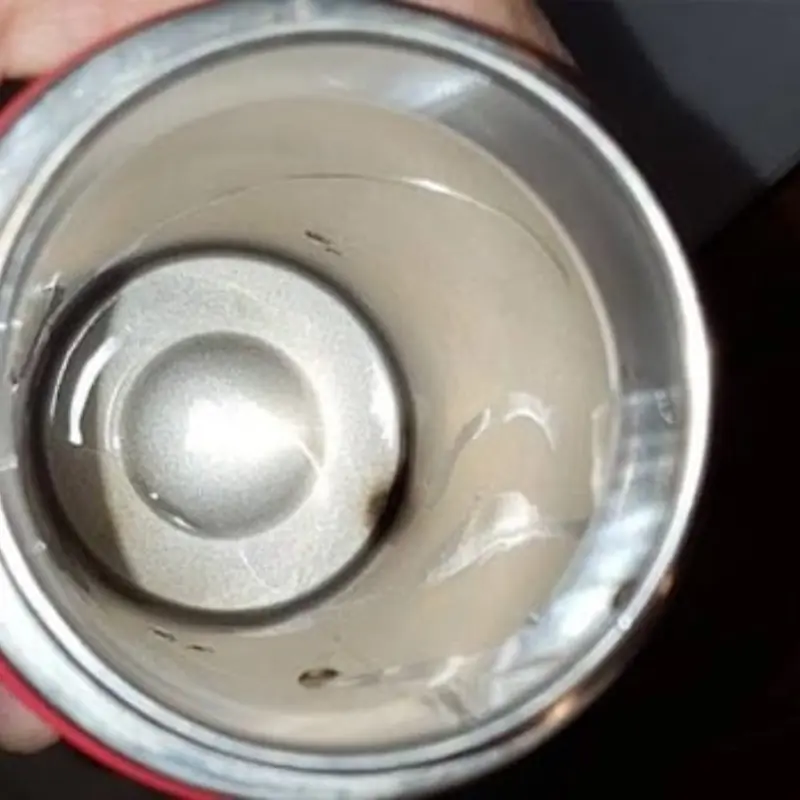
Warning: The Cup Many People Use to Drink Water Every Day Is No Different from “Drinking Poison”
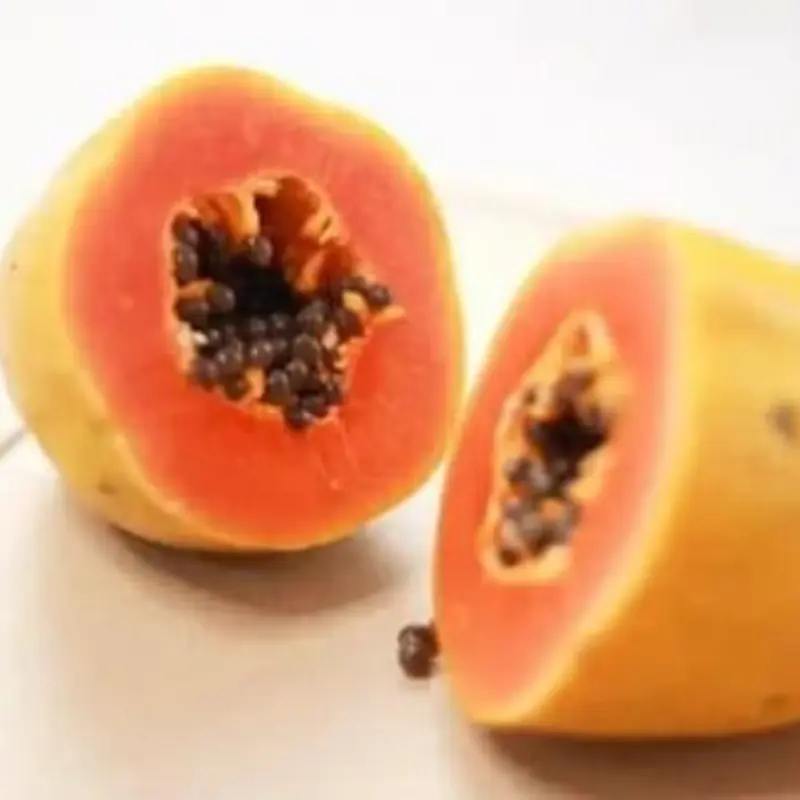
Eat These 5 Foods to Cleanse and Detox Effectively Every Day
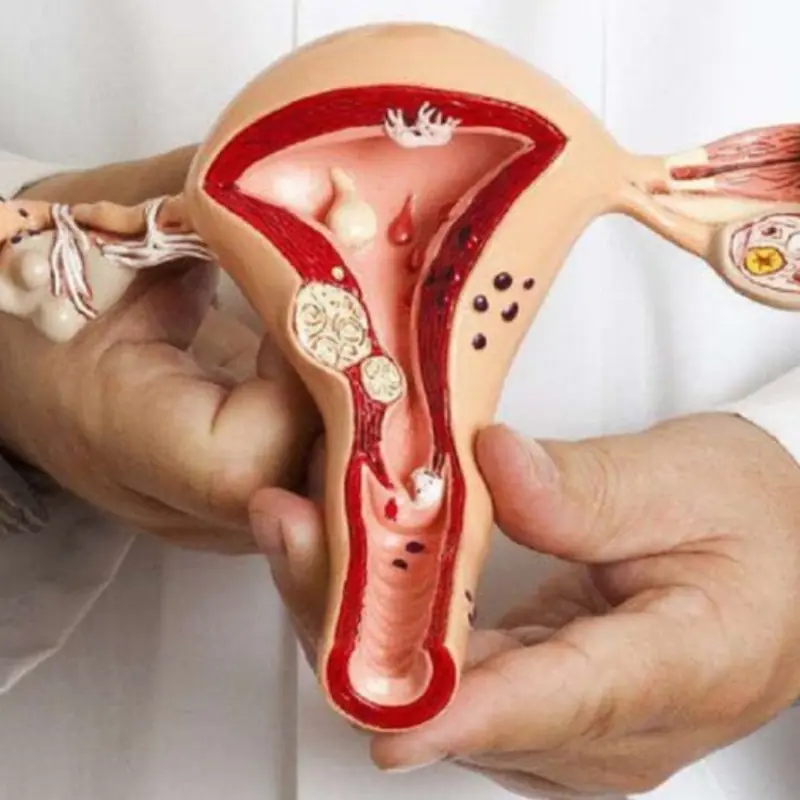
5 earliest signs of cer.vical can.cer: 90% of women tend to ignore them
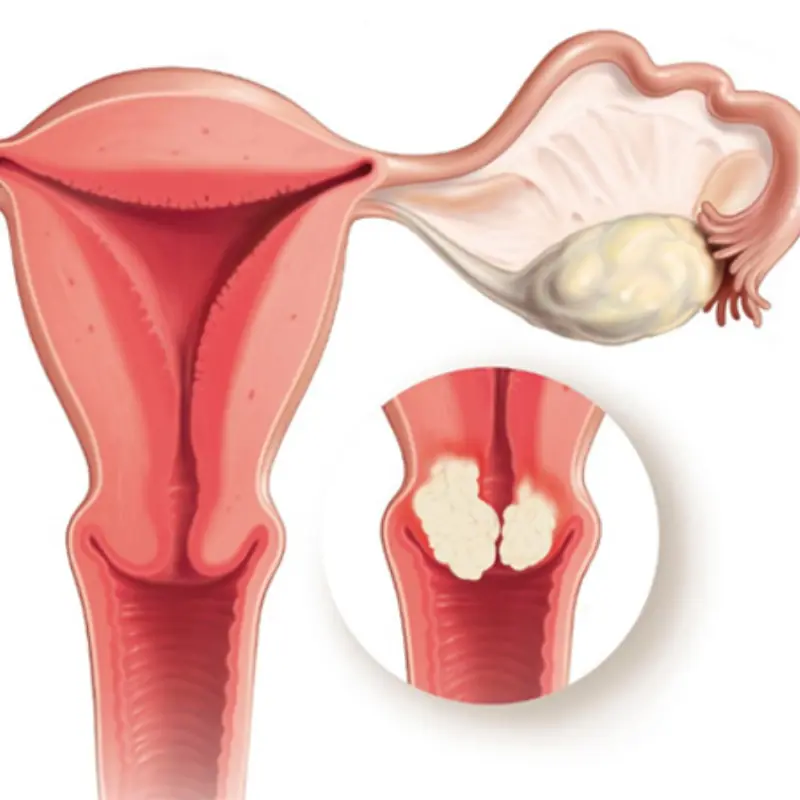
Women Who Frequently Eat These 5 Foods May Be Harming Their Uterus and Feeding Cancer Cells Without Knowing It
